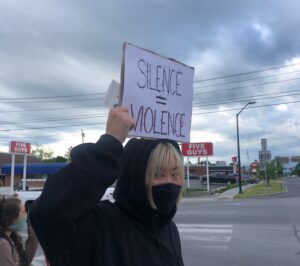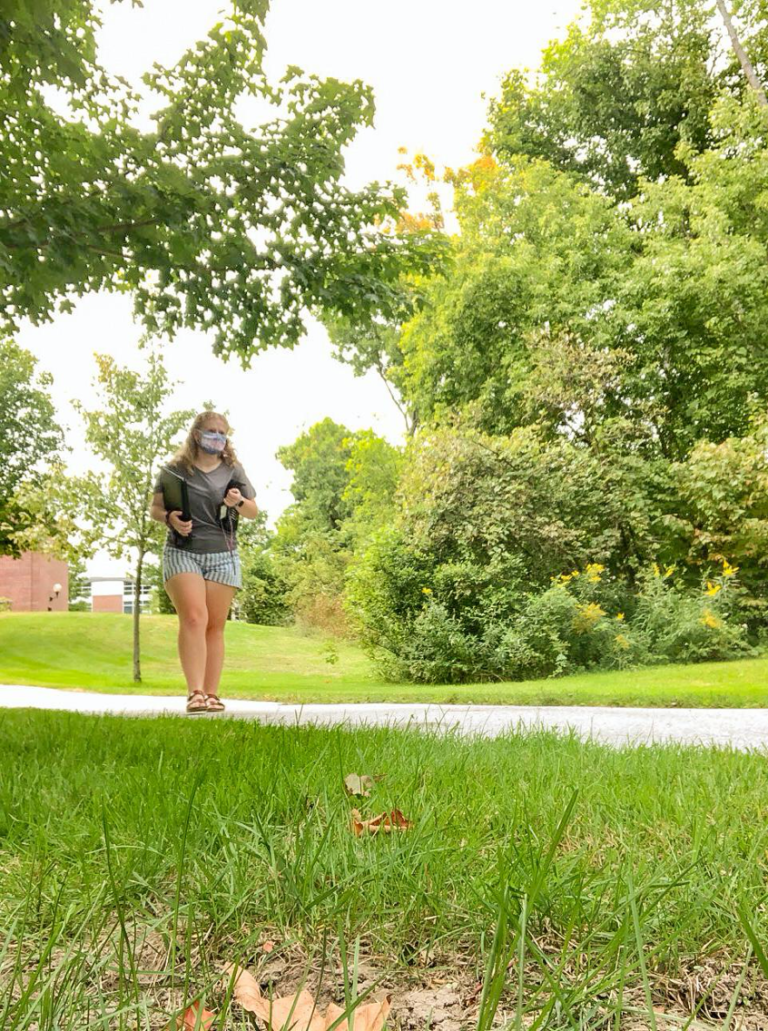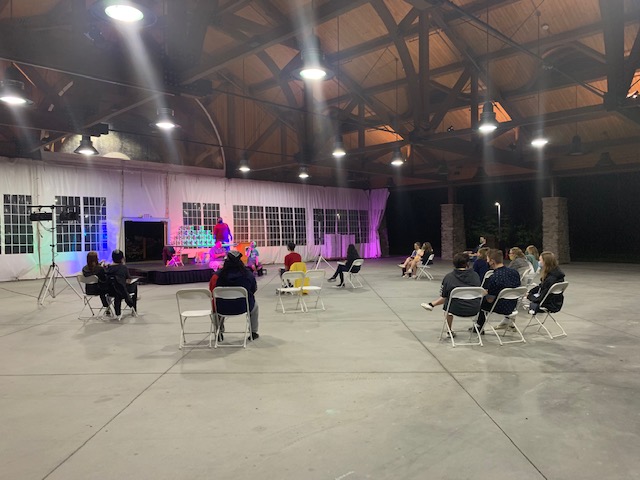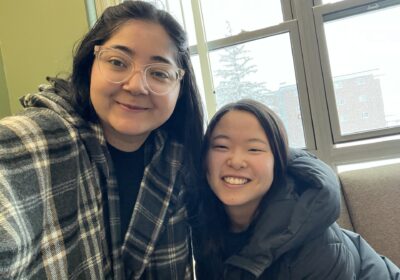Is simply caring about Black Lives Matter enough?

We all like to see Vermont as a liberal state because we vote blue and people have Black Lives Matter signs in their front yards.
But there’s still a large group of people in Vermont on the opposite side of the issue. How many Trump flags and signs do you see when you drive through your town? All those people have decided that racism and the blatant disregard of human rights is acceptable from a president and his cabinet.
But these aren’t the people who worry me most when it comes to the issue of racial injustice in this country. The people who worry me the most are the ones I mentioned before.
The people who think that Vermont is free of racism because the majority vote for Democrats.
Some of these people are the same ones who live thinking that they are “colorblind,” who genuinely don’t understand that Black Lives Matter doesn’t mean that other lives don’t matter, just that Black lives are the ones under constant threat in this country. The ones condemning Black Lives Matter protestors for being too “aggressive.”
This is what I’m afraid of.
MLK once said that the greatest stumbling block in racial equality is, “the white moderate who is more devoted to ‘order’ than to justice, who prefers a negative peace, which is the absence of tension to a positive peace which is the presence of justice.”
So how do we avoid becoming that stumbling block?
Many white people would say the key is to educate yourself. But while knowing that you have to educate yourself on racism and acknowledging that there is a problem is a good first step, it’s not enough.
Sit with yourself.
Ask yourself why those who say “All Lives Matter” didn’t start saying that until after the Black Lives Matter movement rose.
Ask yourself what it means to be “colorblind” in an inherently racist system.
Ask yourself why you are so quick to condemn protests that destroy property, but not quick enough to condemn police officers that murder Black people.
Ask yourself why you feel the need to know if those killed by police brutality had a criminal record or not, as if that justifies their death.
Ask yourself why these statements might be more palatable coming from me, than from a Black person.
Ask yourself why these questions make you feel so uncomfortable.
The goals of the Black Lives Matter movement cannot be attained if Black people are the only ones fighting for them. If you’re white, racism is never something you can fully empathize with. Even though I’m a person of color, I can never fully empathize with the struggles that Black people have faced in this country since it was founded.
But being able to empathize with an issue shouldn’t be a requirement in fighting against it.
White people, non-Black people of color who look like me, we are the ones who should be working the hardest to support Black lives. White supremacy can only be dismantled by the people who benefit from it.
If you’re feeling guilty, channel that guilt into productivity.
Donate to organizations that support and uplift Black, Indigenous, and people of color (BIPOC). Show up to local protests whenever you can. Read books written by BIPOC. Watch movies by and about BIPOC. Listen to podcasts, read articles, follow BIPOC activists on Instagram. Center BIPOC voices when you have these conversations.
Or you can continue as you have been and take comfort in Vermont voting blue. Take comfort in ignoring your privilege and the voice that gives you. Take comfort in being complacent.






